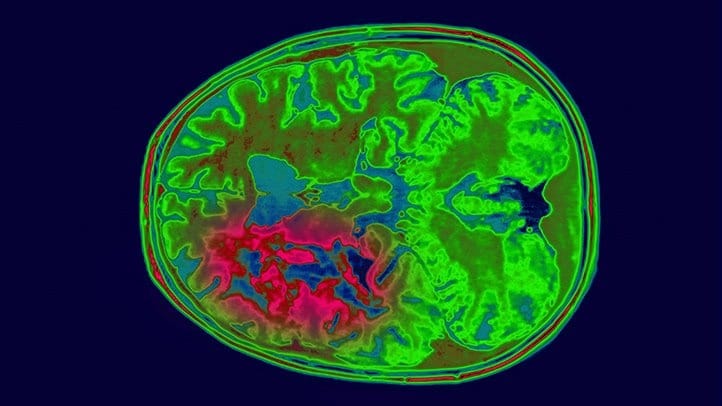Potential mechanisms underlying their effects on certain cancer cells
“Does cannabis kill cancer cells?”
Typing this into Google retrieves over a million hits describing anecdotes, research, and likely a lot of misinformation. But has research made any progress in figuring out if cannabis really does kill cancer cells?
That’s a complicated question. Cannabinoids have been used for quite some time to address symptoms associated with cancer treatment. In fact, the FDA has approved compounds for this purpose, and states with medical cannabis programs often include this indication in their criteria.
According to the National Cancer Institute, cannabinoids also have the potential to protect against the development of certain types of cancers. However, this evidence comes largely from pre-clinical studies. So what about the preventive and/or anti-tumor effects of cannabinoids on cancer in humans?
While there is still a lot that we don’t know, researchers are making significant strides–in fact, there is accumulating evidence that cannabinoids may be quite effective against glioblastoma, a form of brain cancer.
Glioblastomas are aggressive tumors of the central nervous system associated with a poor prognosis. While both surgery and radiation and chemotherapy are used to treat this condition, the average median survival is just 18 months.1
Pre-clinical studies have indicated that cannabinoids can induce cell death in glioma cells–and may also inhibit angiogenesis, the process by which new blood vessels that deliver nutrients to rapidly-growing tumors are formed.2
In a Phase I trial of nine patients with glioblastomas, researchers injected tetrahydrocannabinol (THC) in into the brain to target the tumors and found that THC prevented the growth of tumor cells in two patients who survived for approximately one year. 3
While these results are encouraging, despite the small size of the study and limited effects, it begs the question of whether additional cannabinoids could have increased the benefits found.
A pre-clinical study found that cannabidiol (CBD) more effectively inhibited cell growth compared to THC.4 However, adding CBD to THC boosted its effects. Additionally, administration of both compounds increased apoptosis (cell death) and disrupted the normal cell cycle process.4
What might have caused these additive effects?
The researchers also found that combined treatment decreased activity of signaling pathways involved in controlling cell division. Furthermore, these effects could be partially reversed by blocking the CB2 receptor and nearly totally reversed using the antioxidant α-tocopherol, suggesting the mechanism by which cannabinoids contribute to apoptosis involves increased cellular oxidative stress.4
Another study found that co-administration of THC and a chemotherapy agent or THC/CBD and the agent were more effective against glioma cells than chemotherapy alone. This combination also successfully targeted cells resistant to chemotherapy.5
GW Pharma and other companies/institutions are currently evaluating the effects of cannabinoids in human clinical trials. In fact, the results from GW Pharma’s Phase II trial showed that administration with THC and CBD, in addition to chemotherapy, led to increased one-year and median survival rates in a group of 21 patients with glioblastomas.
We’ve got a long way to go to better understand how different cannabinoids (and terpenes) affect different types of cancers, but the progress made in glioblastoma research is showing we may be heading in the right direction.
References
- Paolillo, M., et al., “Glioblastoma under Siege: An Overview of Current Therapeutic Strategies.” Brain Sci. vol.8, no.1, 2018, pp. 1-13. (impact factor: 2.786; cited by: 22)
- Velasco, G., et al., “Cannabinoids and Gliomas.” Mol Neurobiol. vol.36, no.1, 2007, pp. 60-67. (impact factor: 5.076; cited by: 70)
- Guzmán M., et al., “A Pilot Clinical Study of Delta9-tetrahydrocannabinol in Patients with recurrent Glioblastoma Multiforme.” Br J Cancer. vol.95, no.2, 2006, pp.197-203. (impact factor: 5.922; cited by: 259)
- Marcu, J.P., et al., “Cannabidiol Enhances the Inhibitory Effects of Δ9-tetrahydrocannabinol on Human Glioblastoma Cell Proliferation and Survival.” Mol Cancer Ther, vol.9, no.1, 2010, pp. 180-189. (impact factor: 4.856; cited by: 105)
- Torres, S., et al., “A Combined Preclinical Therapy of Cannabinoids and Temozolomide against Glioma.” Mol Cancer Ther, vol.10, no.1, 2011, pp. 90-103. (impact factor: 4.856; cited by: 200)












